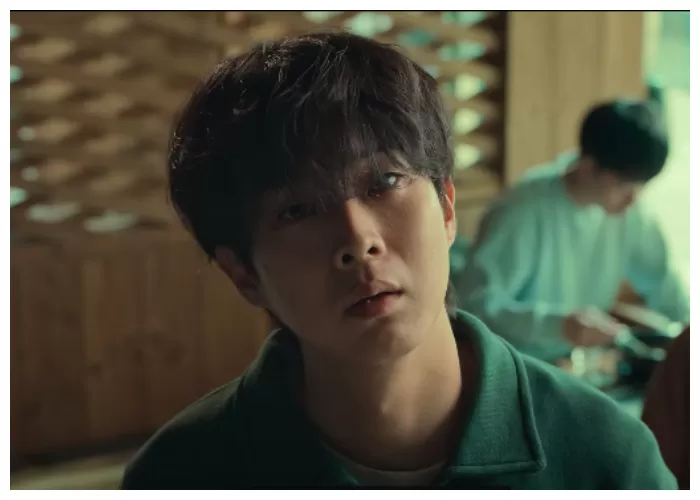"A Killer Paradox": The Fragility of the "Hero" [Spoilers]
- Gabriella Ratnarajah

- Feb 21, 2024
- 3 min read
Have you watched A Killer Paradox yet? Released on 9th February 2024 on Netflix the Webtoon-inspired thriller series continues to make viewers question the realities of the main character's "power" and the actuality of "right & wrong".
If you haven't seen the show yet, check out the trailer below!
Predictable but still worth watching!
We liked the premise of A Killer Paradox, despite it being somewhat typical or similar to other webtoons and dramas in this genre. It just seemed overall, predictable. For instance, the main character's sensitivities and weakness to his newfound ability, the "villain" getting through every episode almost unscathed, untied plotlines, and the death of the sidekick or amenable character.
These storylines are always deciding on who deserves to die and be punished and who doesn't and overall make us question, the mens rea* if you will about the things humans do in everyday life and if they should be punished or not.
*Mens Rea
"the intention or knowledge of wrongdoing that constitutes part of a crime, as opposed to the action or conduct of the accused." (Oxford Dictionary)
Weak Lead with a New Power
Similar to many hero stories, it begins with a fragile human being, discovering some new "gift" or "power" and in most cases, it's almost as if they endure it as some sort of sickness or ailment - in some ways, it is exactly that (for example, Connect which was a physical power).
Both Webtoon-inspired characters Lee Tang of A Killer's Paradox and Ha Dong Soo from Connect are depicted as a "monster" or "weak" humans despite the power they have. Is it in normal human fashion to consider something unusual as bad or negative? These characters are also often depicted as "the scrawny kid" or "nerd" many even in Western culture, for instance, Spiderman.

Is the weakness depicted as a true reality of "heroism"? Is real heroism meant to be self-sacrificial? Selfless not selfish?
LEE TANG is "NOT" a Hero
I thought about that a lot while watching, is he supposed to be a vigilante? Technically, not because of the underlying intention. He seemed like a good guy overall, he tried to help the first man, but initially, he had no clear intention to help or stop the "bad guys". His first killing was a result of self-defense and then it was pure murder and self-preservation.
At the end of the series we see Lee Tang still roaming the streets killing those he gets the bad sense from, when he does this it leaves us with the feeling that he himself is still unsure about what his power is and whether it is beneficial for him and the world or if it is just something he does or something that just happens, or even a string of coincidences. This can be contrasted with the other character Song Chon, who was picking and choosing who should be killed and/or punished based on his own moral compass whereas Lee Tang's was a sensation to which he could sense evil.
Actor Choi Woo Sik who played Lee Tang said that this story is not a vigilante story and that Lee Tang's supposed power to sense people's evil doings was actually a "curse". He also referred to Lee Tang as a "college kid on the edge" which changes the perspective overall and shows us the fragility of the human condition in connection to finding one's purpose etc.
Maybe in the end he wasn't a hero because of his power and the fragility that came from it. But then it makes you think what is a hero? And who?

Being without weakness doesn't mean someone is the hero but does having the right intention mean that?
The simplified definition of a hero is:
Was Lee Tang any part of that definition? What do you think? Let us know in the comments below.














Comments